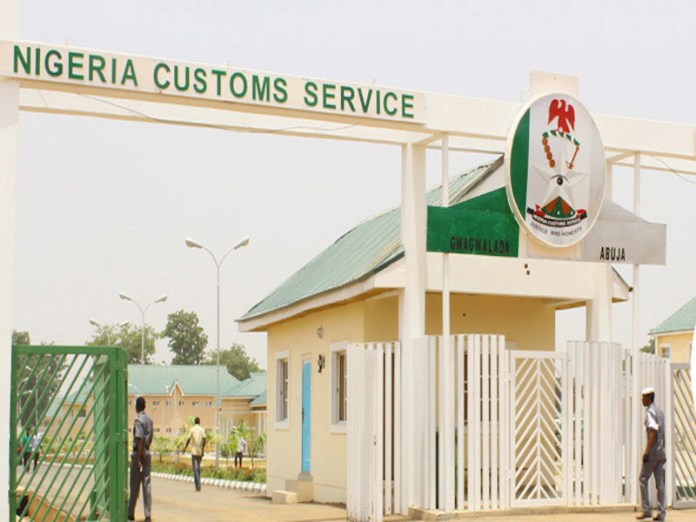- Customs Moves to Reform Import, Export Processes
In a bid to ensure trade facilitation at the nation’s ports and all entry points in line with the federal government’s ease of doing business in Nigeria agenda, the Nigeria Customs Service (NCS) has taken steps to modify import and export processes.
As part of the reform, the customs command has ameliorated cargo examination stress for importers by reducing announced cargo placement notice for examination given to terminal operators from 24hours to 12 hours.
This means that after customs agrees with all parties on a suitable time for physical examination, terminal operators now require only a 12-hour notice to place the cargo for examination.
Also, the NCS command said it would now schedule and coordinate the mandatory joint examinations and sign-off form to ensure that there is only one point of contact between importers and officials.
This move, top industry players believe, is expected to contribute in eradicating various delays associated with importation and export in Nigeria.
The NCS spokesman, Joseph Attah, in a statement, expressed the service resolve to reform import and export processes in Nigeria.
Attah, who listed some African countries where significant progresses have been made in the processes and duration for export said various causes of hitches, which he called bottlenecks in the trade process are being removed to achieve seamless transactions.
Customs have taken the burden of reaching out to agencies from importers as this has been identified as part of the challenges confronting the system.
”Before this intervention, the burden was on importers to reach out to all relevant agencies and the Terminal Operator to schedule a suitable time for the joint examination of cargo. We have however decided to take this tedious process off the backs of the importers and coordinate same,”Attah said.
He said Nigeria ranked 14th out of 15 Economic Community of West African States( ECOWAS) economies and 182nd out of 190 economies worldwide in the ‘Trade Across Borders’ indicator on the most recent World Bank “Doing Business” Rankings.
“Factors responsible for this low ranking, according to some port users, includes delay in export processes in Nigeria which takes up to two weeks, compared to some other countries like Kenya, it takes four days to complete same process. While Nigeria hitherto required up to 14 documents for imports compared to just five in Rwanda, government reduced the documentation recently to eight,” he said.
Attah said Nigeria will stay on the path of this reduction until it achieves a standard comparable with its peers on the continent.
He added: ”Nigeria’s desire to restore growth through economic diversification, as enunciated in the recently released Economic Growth and Recovery Plan (EGRP) of the Federal Government requires a holistic reformist approach. Reforming procedures is required to stimulate important sectors of the Nigerian economy like agriculture and manufacturing, which contribute 23.1 and 13.3 per cent respectively to its Gross Domestic Product (GDP).”
Attah said: ”As a key stakeholder in the FG’s quest to make businesses work, the NCS joined other MDAs in making commitments towards delivering reforms that would progressively make it easier for businesses in Nigeria to start and thrive. Our commitments at the NCS are focused on “Trade Across Borders,” where a target was set to reduce import and export time by up to 50 percent, and ensure that import procedures adhere to international standards.”
Under a newly released revised guideline from the Federal Ministry of Finance, Shipping Lines are required to electronically transmit advanced manifest of their cargoes to the NSC and the Nigerian Ports Authority (NPA) as soon as the vessel departs the last port of call. This is to ensure enough time for risk assessment, profiling and optimised placement of cargo.
Attah said Customs Officers will circulate the cargo manifests to other examination agencies and the Terminal Operators as soon as they are received from the Shipping Line.


 Forex4 weeks ago
Forex4 weeks ago
 Naira4 weeks ago
Naira4 weeks ago
 Billionaire Watch3 weeks ago
Billionaire Watch3 weeks ago



 Naira4 weeks ago
Naira4 weeks ago






 Naira3 weeks ago
Naira3 weeks ago


 Naira2 weeks ago
Naira2 weeks ago






 Naira2 weeks ago
Naira2 weeks ago
 Economy4 weeks ago
Economy4 weeks ago























